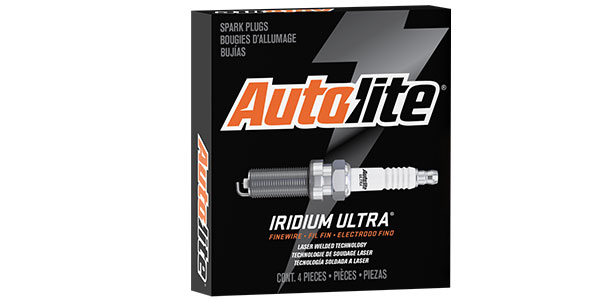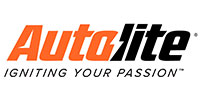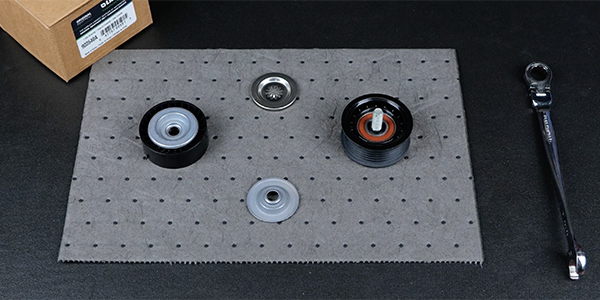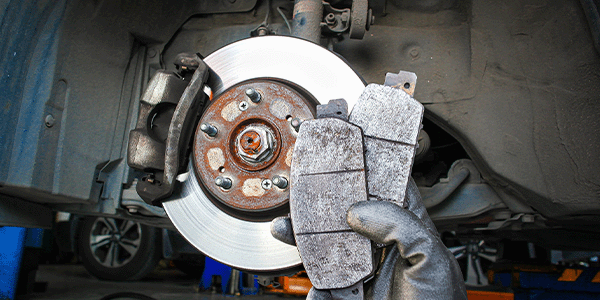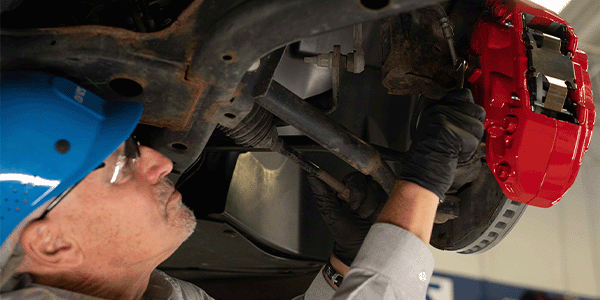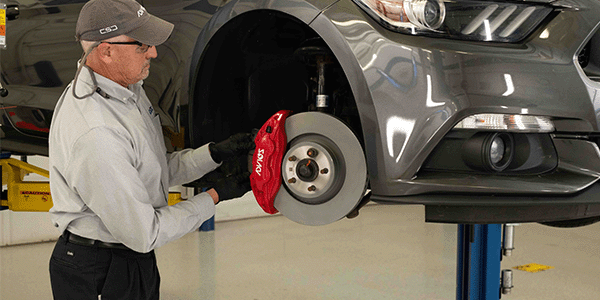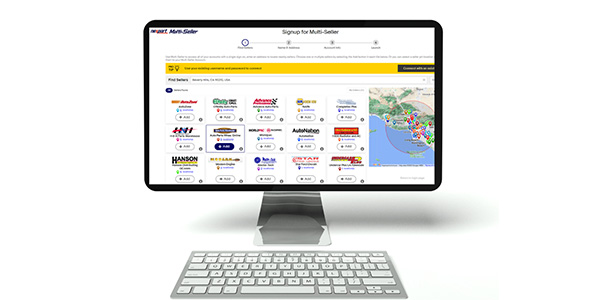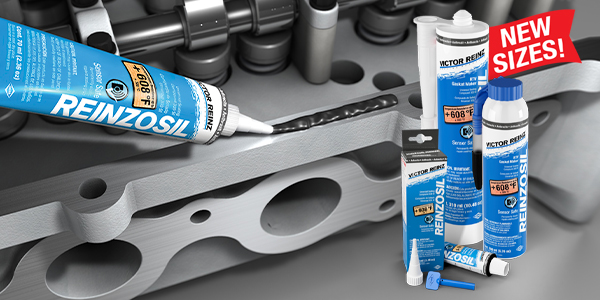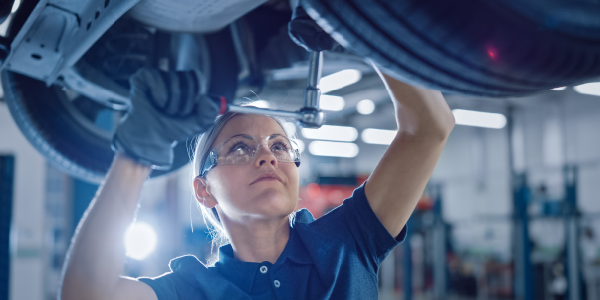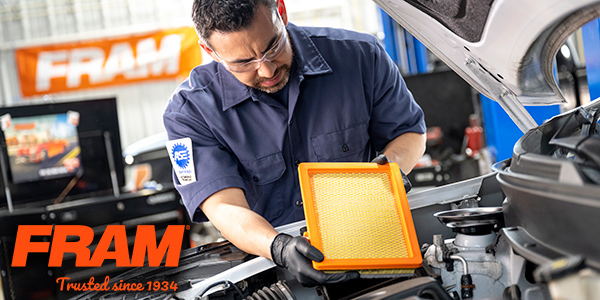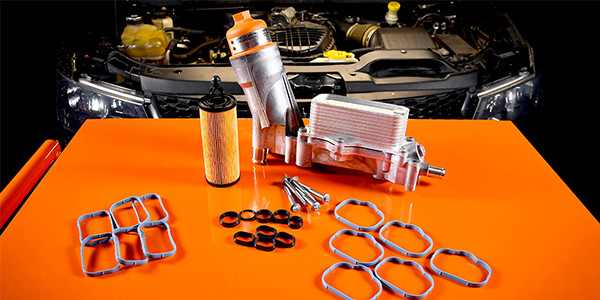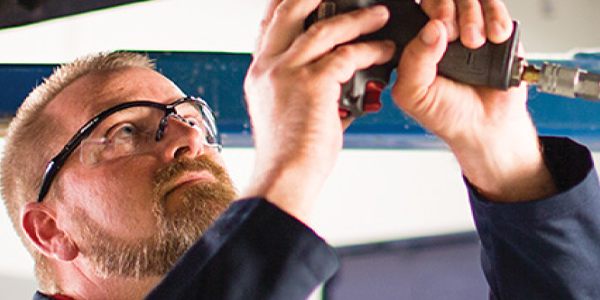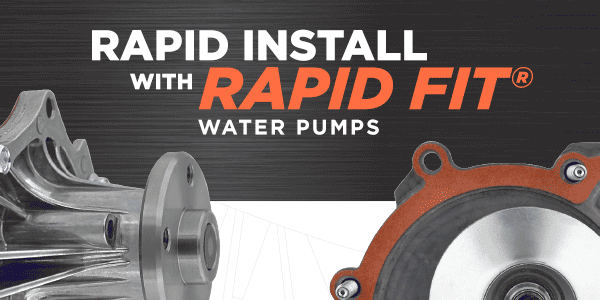The overriding task of the internal-combustion engine is a straightforward one: provide the requisite amount of power needed to propel the vehicle down the road at a prescribed speed, measured in miles per hour. Achieving this goal, however, requires all of the components in a delicate ecosystem to operate in perfect harmony, culminating in the infinite series of mini-explosions that occur in the combustion chamber, which turns the engine’s crankshaft, causing the vehicle to move.
Over the years, a number of technological tweaks have been developed that have improved the vehicle engine’s overall safety, efficiency and reliability. It was in the 1960s, for example, that the positive crankcase ventilation, or PCV, system was invented. The fulcrum of the PCV system is the PCV valve, which collects any so-called “blow-by” gases that may escape the piston cylinders and enter the crankcase and shepherds them back to the intake manifold, where they can be pumped back into the combustion chamber.
While the PCV system undoubtedly helped improve engine efficiency, it was also another component that added to the complexity of engine design and operation. Specifically, if the PCV valve malfunctions, or is stuck open, it allows some of the oil that is used to lubricate the pistons and cylinders to escape. This wayward oil can then find its way to the surface of the engine’s spark plugs, resulting in a condition known as “oil fouling.”
Vehicle technicians have noted an upswing in the number of instances where a malfunctioning PCV system is resulting in oil fouling in today’s high-performing (and highly sensitive) modern engines. The PCV system does feature some safeguards that are designed to keep the valve operating effectively, such as a small heater that ensures that the valve does not “freeze” in the open position, especially when condensation is present.
However, these measures are not always failsafe, so if the PCV valve does freeze, it will lead to higher-than-normal crankcase pressure, which will force oil past the valve seals. When this happens, the wayward oil droplets and vapors can gather on the spark plugs. This buildup will eventually prevent the plugs from performing their job, i.e. providing the spark that allows the air/gasoline mixture to detonate in the combustion chamber. A weak or interrupted spark will first limit, then stop, combustion completely, resulting in an ill-performing engine that will need to be serviced.
Adhering to a regular maintenance schedule is the most basic way to stave off potential PCV-system performance issues; today’s 3-month/3,000-mile oil-change services include a check of the PCV valve and recommendations for its replacement, if deemed necessary. Using top-tier gasoline with adequate deposit-control additives will also help guard against oil fouling. Without these additives, harmful deposits can build up on any of the working parts of the engine.
Another way to guard against oil fouling is to outfit the vehicle with Autolite® Iridium Ultra® Spark Plugs, which are Autolite’s most technologically advanced spark plug model. Iridium Ultra Spark Plugs feature an ultra 0.5-mm finewire iridium centerwire tip design with laser-welded construction for optimal performance, durability, ignitability and fuel efficiency. Specific to oil-fouling resistance, the plug’s iridium tip burns hotter, which allows it to burn off any oil that may reach it before it can build up and adversely affect the plug’s operation. Explore all of the benefits of new Iridium Ultra spark plugs at autolite.com.

